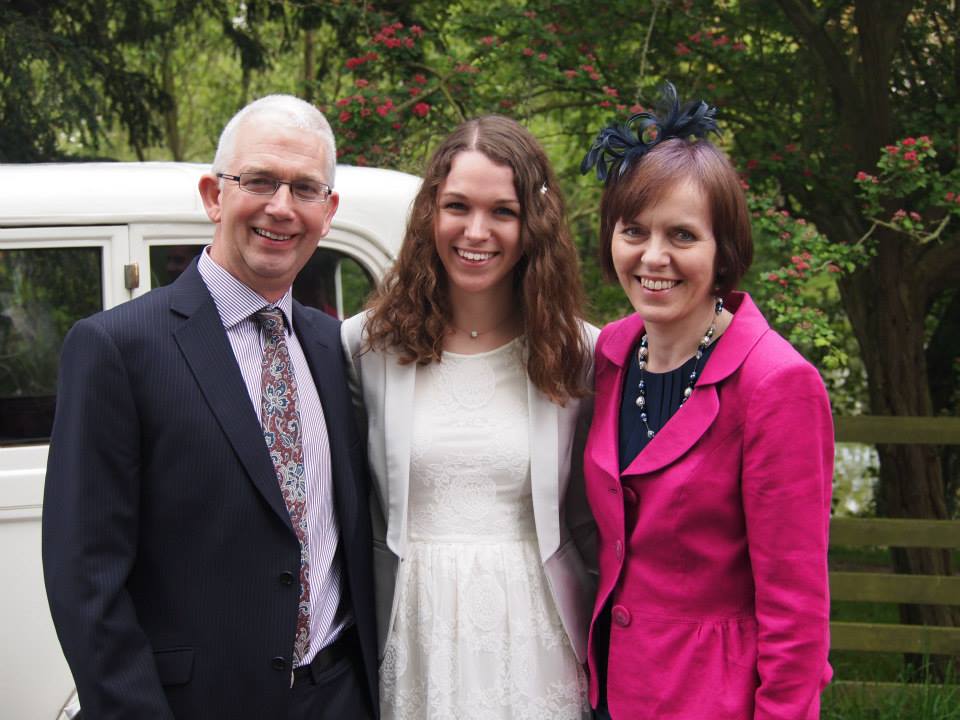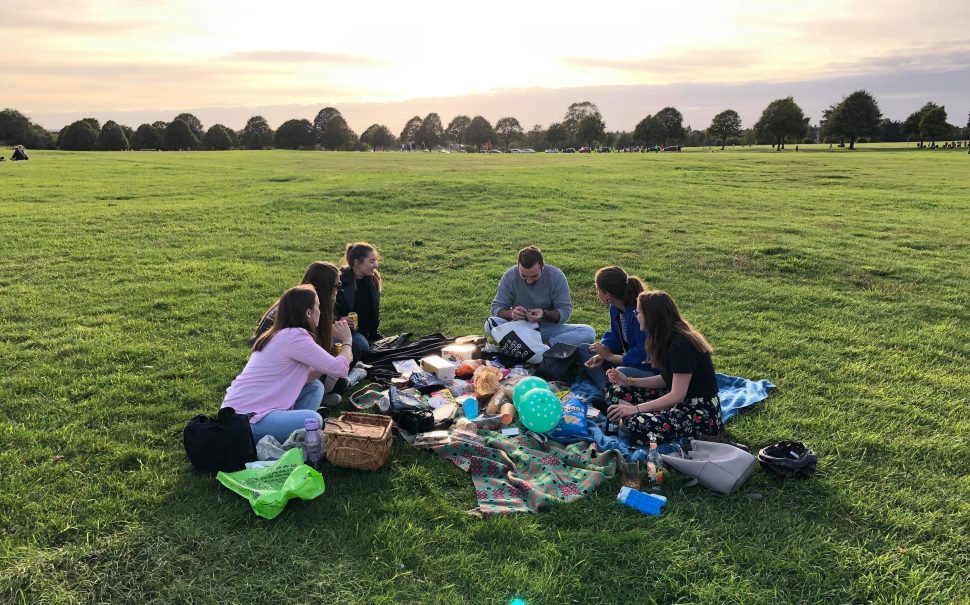Grief can be a taboo topic, but Let’s Talk About Loss aims to create a safe space for young grievers to open up – and Manchester has its own group.
When you’re a young adult on the precipice of discovering who you are and what you want your life to be, what happens when you lost a loved one? How do you begin to process your world falling apart – especially when none of your peers understand.
Beth French was an 18-year-old student when her mum was diagnosed with cancer. But she was unaware that it was likely to be terminal – until two years later when she passed away.
Her life changed forever.
And her grief was compounded by the fact that even conversations with her closest friends left her feeling isolated.
“It felt like I was the odd one out. I felt very isolated in that and I think until you have been bereaved yourself you don’t really know what to say,” Beth said.
“Not to blame them at all, but my friends didn’t know how to talk to me, what questions to ask – so because they didn’t know, they just didn’t talk about it.”
Beth wished she had a group of young people to spend time with and talk about her loss. So, she made her own.
In 2018, Beth started asking friends she knew had also been bereaved to meet up and talk about their experiences – which is when Let’s Talk About Loss was born.
Let’s Talk About Loss is a support group for young people aged 18-35 who have been bereaved. The group aims to create a relaxed space to open up about grief for those who otherwise feel like they can’t.
“I just selfishly wanted a group of friends who had been bereaved and knew what it was like to be grieving,” Beth said.
“I realised that space didn’t exist and that there was actually quite a big need for it.”
The first group was formed in Nottingham but new groups across have gradually been springing up across the country. Now, there are more than 30 different groups across the UK.
“Loads of people were discovering us and being like ‘where have you been my whole life, I’ve needed this group – I’m really glad it exists,’” she said.

Manchester has its own Let’s Talk About Loss group which meets regularly across the city – and the group now has over 200 members.
Rachel Fright joined the group after feeling like she had no space in her life to talk about grief after losing her grandparents. But she found that when she got to the meeting, it was more emotional than she had anticipated when a member of the group asked her how she was.
“I burst into tears and ran to the loo because it was the first time in my life anybody had asked me,” she said.
The feeling of struggling through the loss alone is common within young grievers – many of whom have no friends who understand what it’s like.
“The younger you are, the less likely you are to have someone who can relate to you,” Rachel said.
“You don’t want to burden [your friends] by talking about it too much or too heavily.”
But that isn’t a problem when attending a Let’s Talk About Loss meet up, as the group’s main aim is to allow young people to talk candidly about their experiences and make them feel as welcome as possible.
“We always say ‘glad you’ve found us, but sorry you had to,’” Rachel said.
For those that do find Let’s Talk About Loss, the group aims to offer a judgement free space to open up about grief, and remove the stigma around talking about loss.
“I don’t think it’s that young people don’t want to talk about it, it’s because there’s not been anywhere for them to talk about it and that’s why groups like this are so important,” said Phil, who helps organise the Manchester meet-ups.
But he reiterated the fact that while many young grievers do want to talk about their loss, it is still incredibly hard to cope with for young adults.
“No time is good to lose someone but I think this age range is the worst because this is when you discover who you are,” he said.
“It’s when you’re discovering yourself so to lose a parent or a friend, it’s really tough because there’s so much going on in your life.”
When it comes to the future of Let’s Talk About Loss, founder Beth’s hopes are not what you would expect.
“My ultimate goal is that the charity will no longer need to exist, because people are better at supporting each other when they’re grieving,” she said.
“It would be a dream come true if no one needed us because everyone was just well supported by the people around them.”
Feature Image: Ruby Walker




